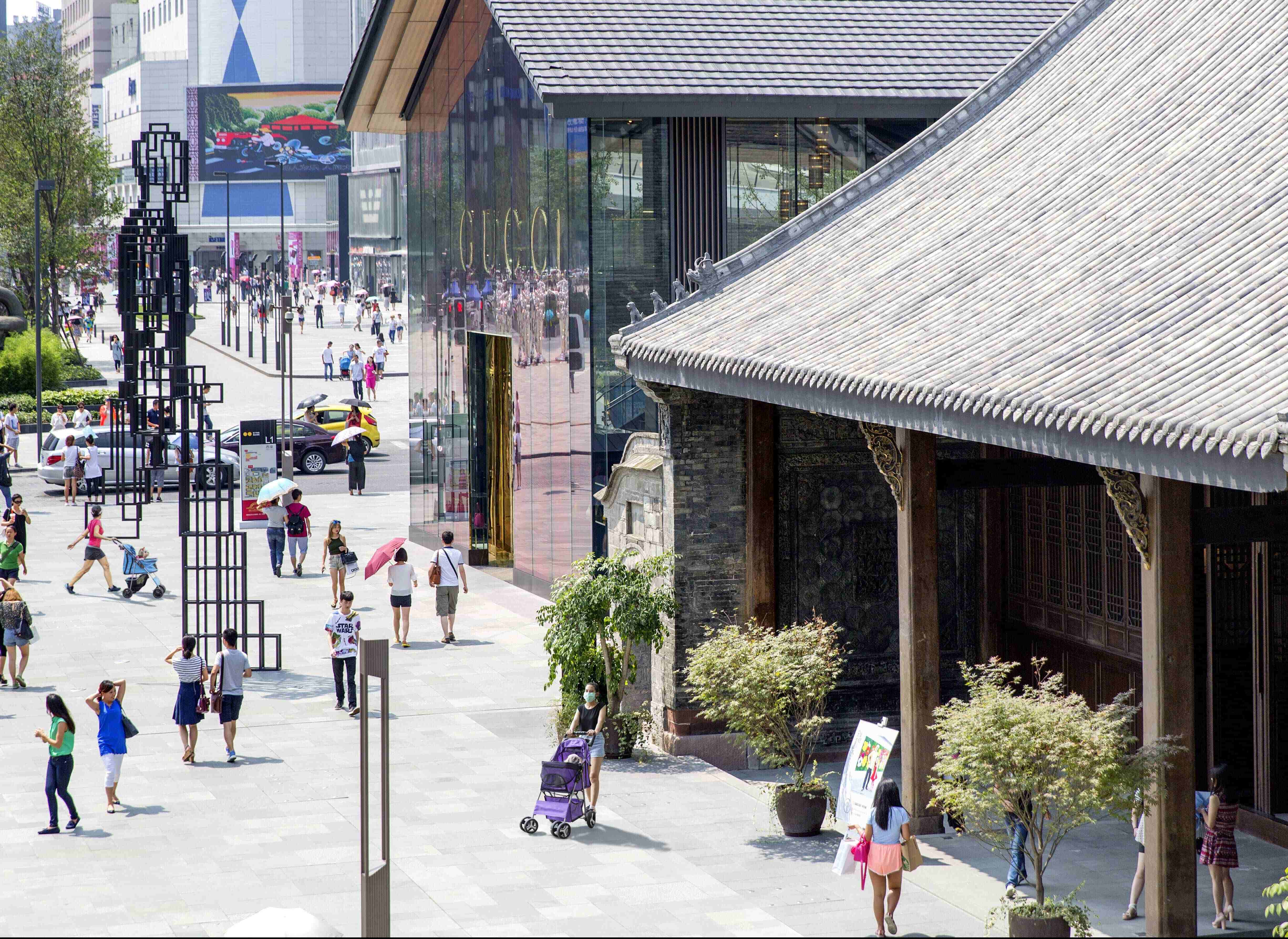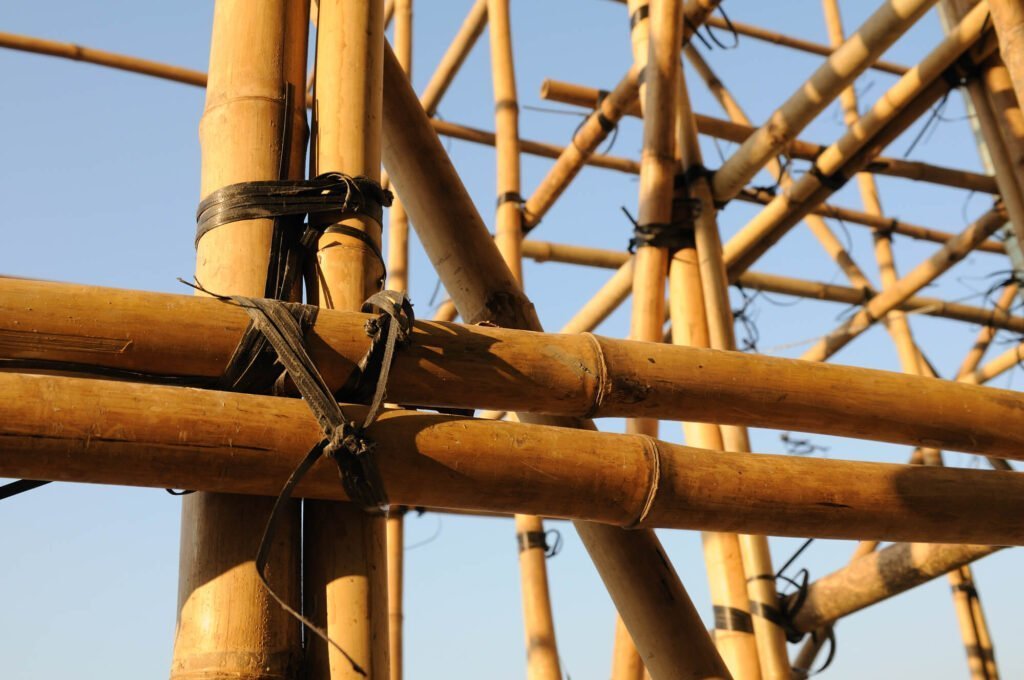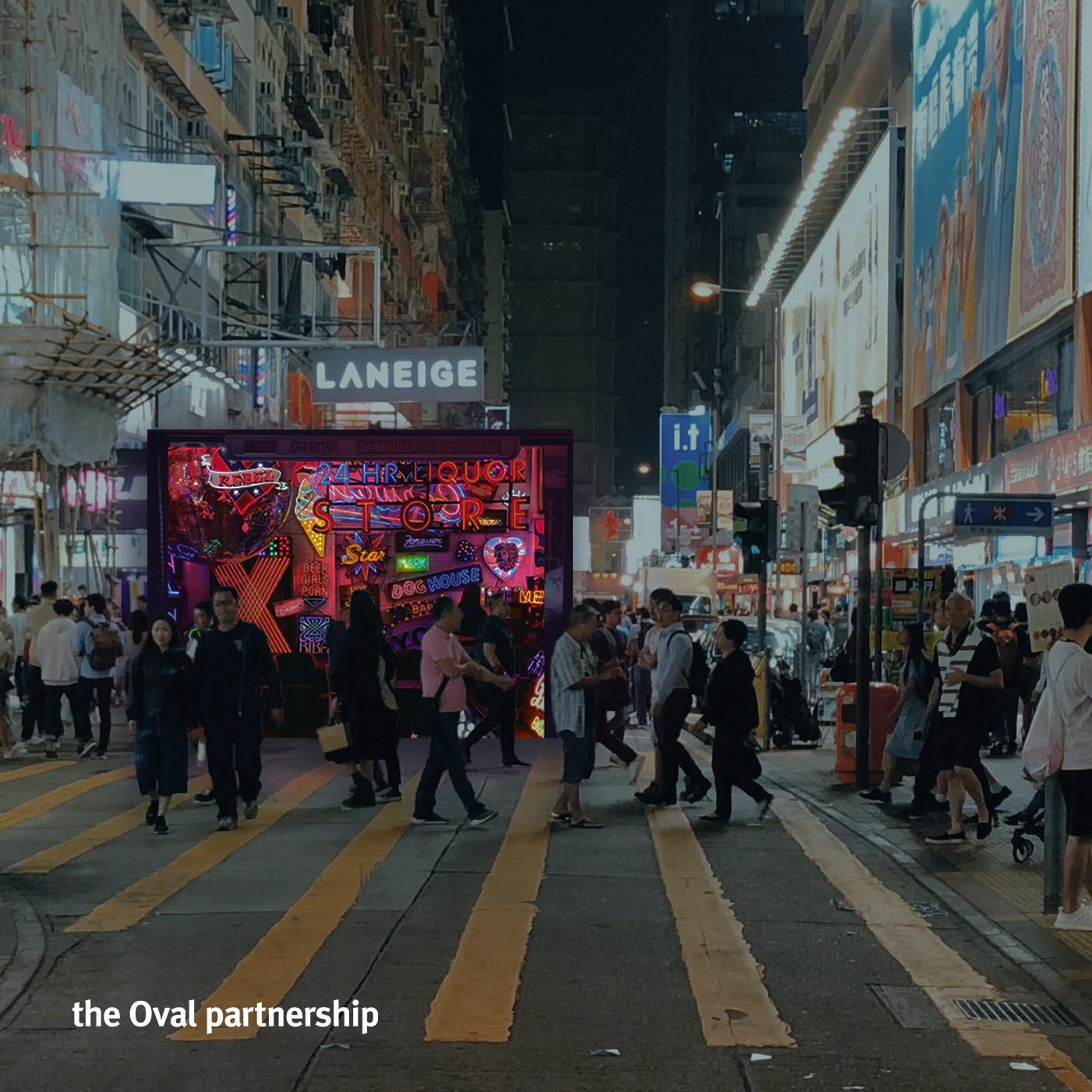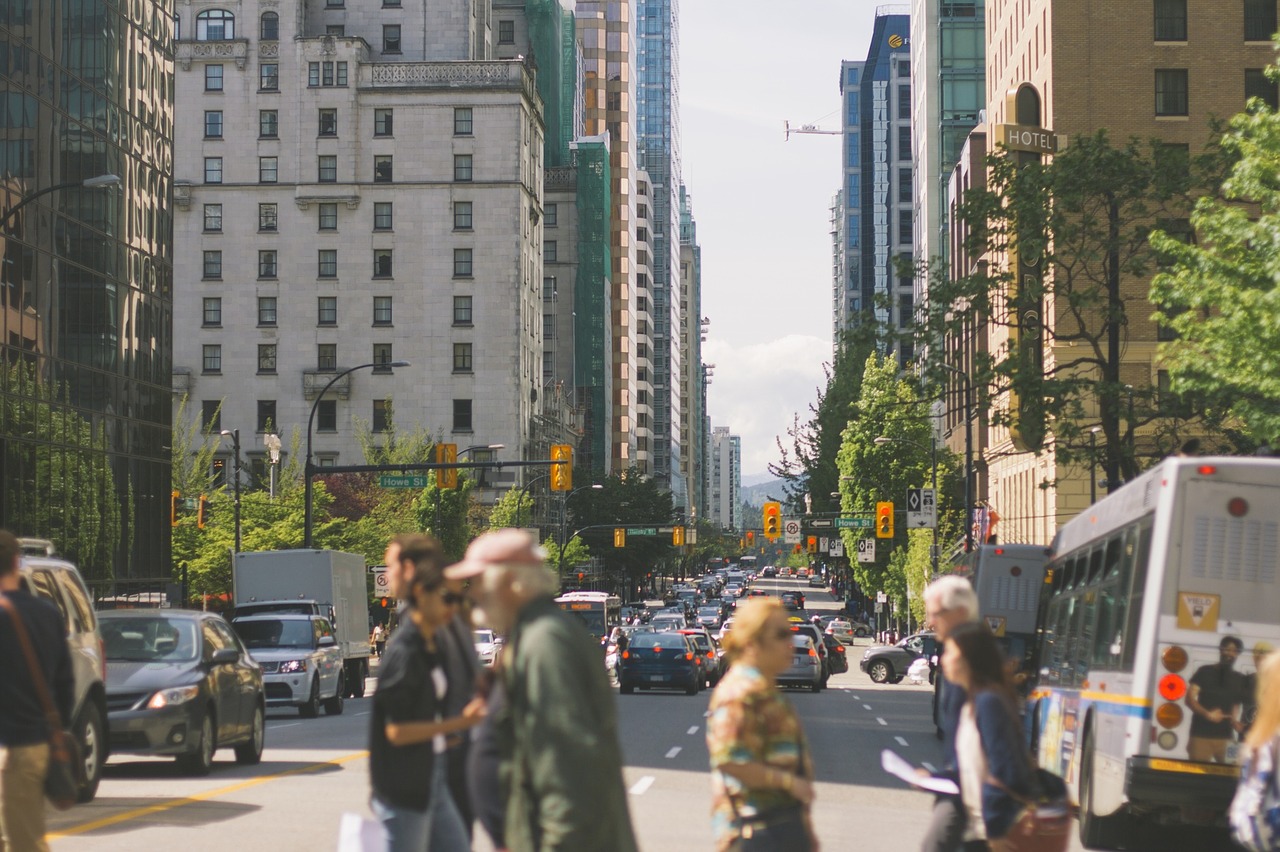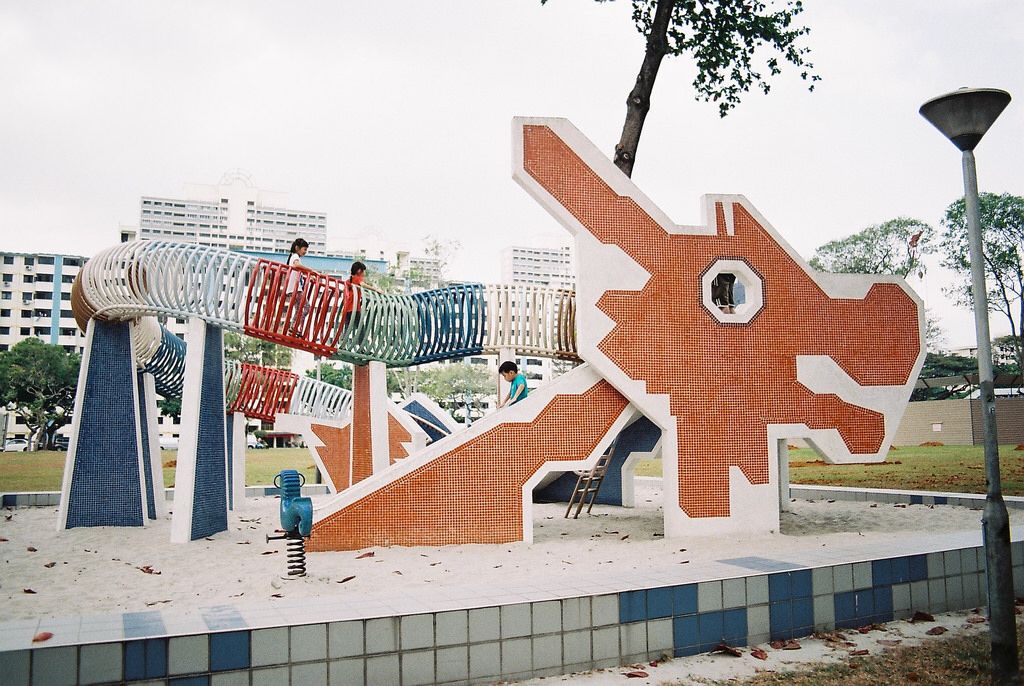In our pursuit of sustainable and interconnected communities, it is crucial to recognise and address the diverse needs of different age groups. Hong Kong is experiencing a significant demographic shift, with the proportion of elderly individuals projected to increase from 20.5% in 2021 to 36% by 2046. This means that by 2046, one in every three people will be elderly.
Yet, growing older doesn’t mean slowing down! Elderly are embracing their golden years in style with youthful enthusiasm. With an ageing population, communities are actively seeking ways to create age-friendly neighbourhoods that promote connected living.
According to the World Health Organisation, an age-friendly neighbourhood encompasses eight domains: outdoor spaces and buildings, transportation, housing, social participation, respect and social inclusion, civic participation and employment, communication and information, and community support and healthy services.

Social Connection in Public Parks
Public parks in bustling urban environments like Hong Kong play a crucial role in nurturing social connections among the elderly. These parks serve as inclusive gathering spots where seniors can come together, share stories, play chess and enjoy the popular "plaza dance." These welcoming environments promote social interaction, enabling seniors to stay physically active and embrace the joy of community connections. Hong Kong boasts an extensive network of over 1,648 public spaces spread across the city, transforming these communal parks into vibrant hubs of connection that are easily accessible on foot for the elderly.
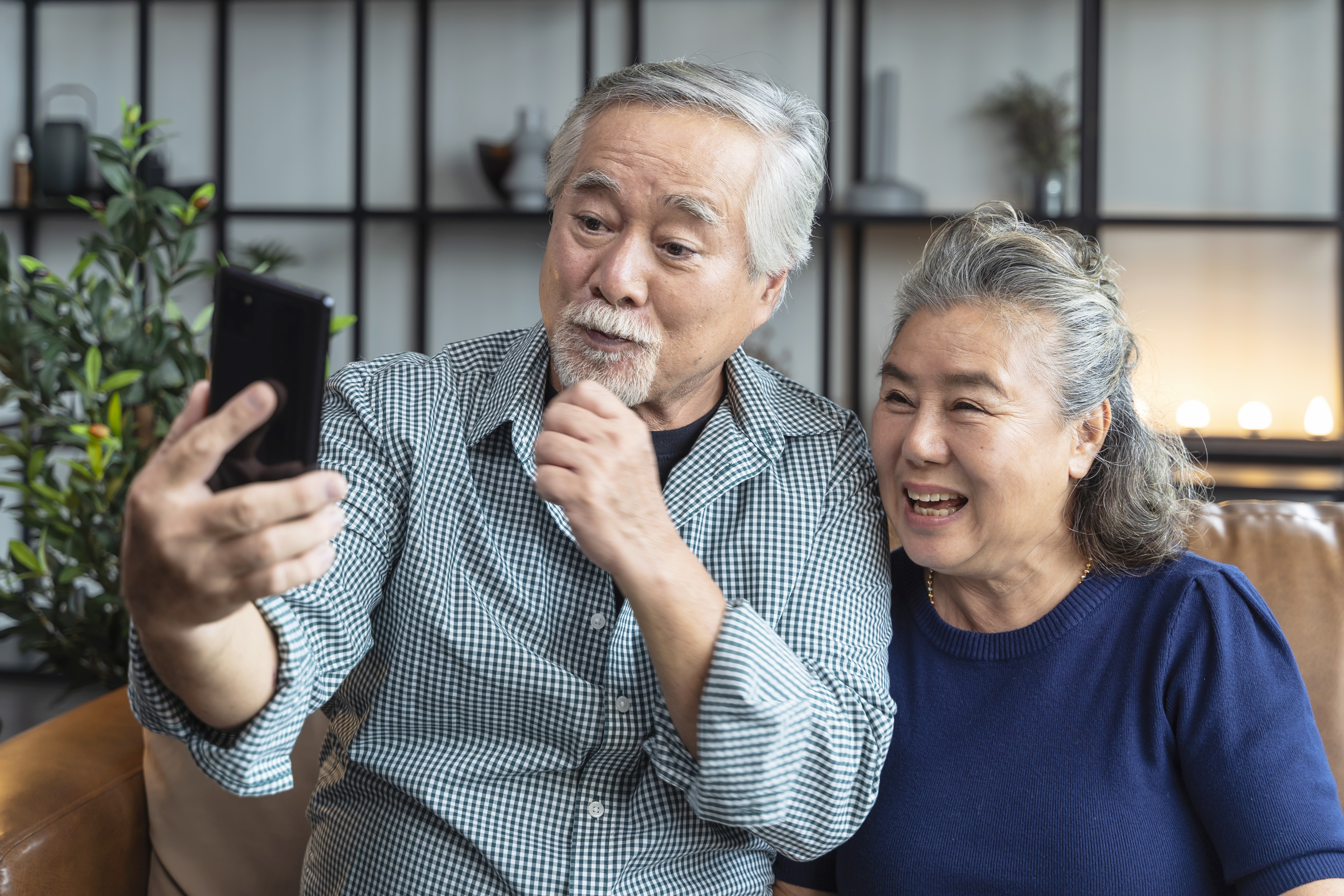
Lifelong Learning in the Neighbourhood
Contrary to the stereotype of elderly withdrawing from society and technology, they are embracing opportunities to expand their knowledge and skills. The phenomenon of lifelong learning among older adults in Hong Kong reflects a positive trend towards active engagement and continued personal growth in the silver-haired generation. The establishment of 200 Elder Academies in primary, secondary and post-secondary institutions throughout Hong Kong are a testament to the emphasis of bestowing the sense of belonging and purpose to elderly in communities. These academies offer a diverse range of classes that cater specifically to the needs and interests of older learners. Whether it's learning about technology and photography or exploring the rich history of Chinese opera, The classes provide a platform for golden-agers to indulge their curiosity and develop new skills. Hence, the Elder Academies are just around the corner for our golden agers to explore. The academies are within walking distances by being hosted in primary and secondary schools in communities! For example, the Elder Academies are hosted in 11 secondary and primary schools in Shatin district where are 5 minutes away from nearby public housing or residential buildings. The close propinquity of Elder Academies network ensures elderly from different places to have an easy access to become a student furthermore.
.jpg)
Furthermore, there is a growing popularity of free interest classes in sports centres, such as Tai Chi, indoor lawn bowls, and modern dance. Despite the presence of 102 sports centers in Hong Kong, these classes are consistently full, demonstrating the strong desire of seniors to remain physically active and continue their personal growth. By participating in these classes, the elderly not only enhance their physical well-being but also cultivate a sense of belonging within their community.
The growing trends among older adults in Hong Kong challenge the prevailing notion that ageing is synonymous with disengagement, highlighting the potential for personal development and social integration throughout all stages of life. This underscores the importance of creating age-friendly communities that prioritise inclusivity, social engagement, and accessibility.
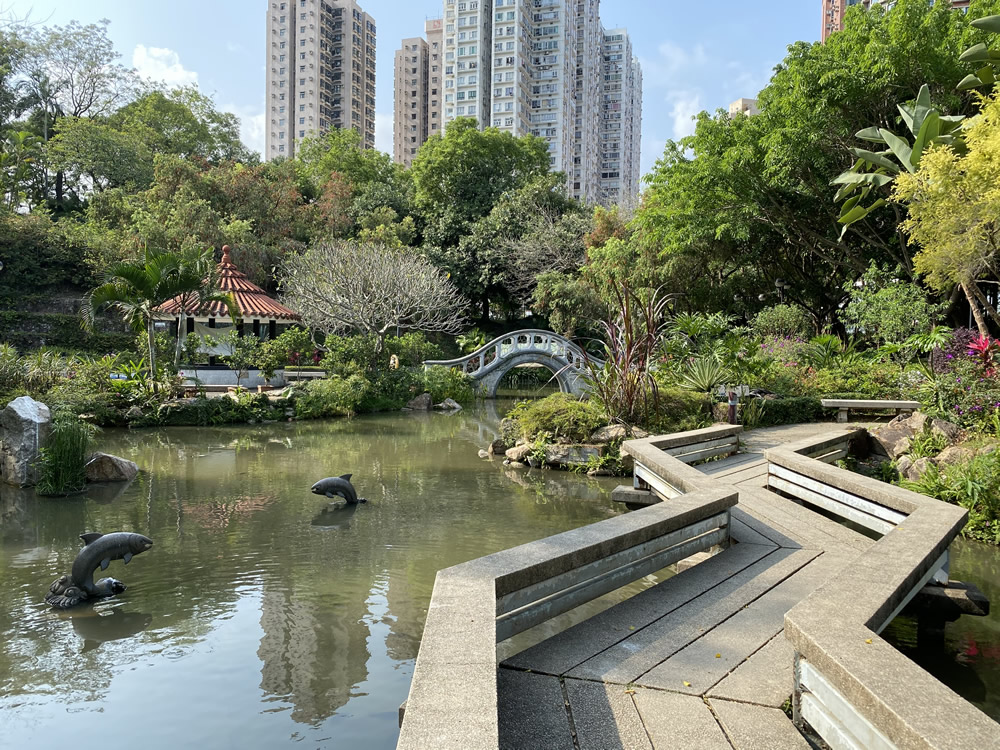
As a means to curate age-friendly communities, an 18 districts full scale analysis was carried out by local education institutions to assess and improve the age-friendliness of communities and improve well being of senior citizens. With a population of about 660,000, Shatin has the second largest proportion of ageing population at 16%. Shatin scored high in the domain of transportation and outdoor spaces and buildings. Shatin's transportation infrastructure prioritises accessibility, ensuring that older adults can navigate the district with ease. The district boasts 3 main parks, 27 elderly fitness corners and 176 barrier free facilities, all designed to accommodate the needs of seniors while offering open spaces and a conducive environment for them to connect and stay active. In addition, 20 elderly centres and 23 Elder Academies that provide further opportunities for golden agers to continue thriving. Shatin's comprehensive efforts in creating age-friendly infrastructure and fostering a sense of belonging make it a community that promotes the well-being, connectivity and quality of life of its elderly population.
Age-friendly communities go beyond physical design and embrace the principles of inclusivity and social engagement to ensure that older adults are not isolated or marginalised. By fostering lifelong learning, promoting social involvement, and encouraging strong intergenerational connections, these communities enable seniors to lead fulfilling lives while enjoying a sense of purpose and belonging. They provide support and empowerment for older adults to pursue their interests and make meaningful contributions to the broader community.



